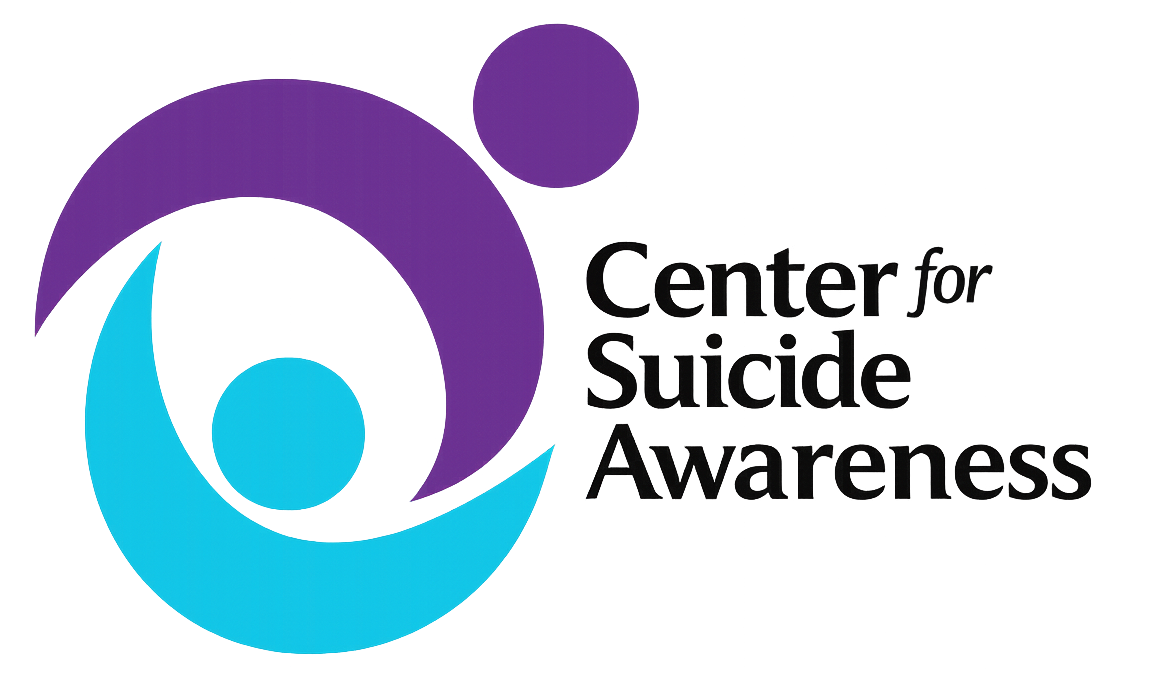Coping Mechanisms vs. Vices: When Relief Becomes Unhealthy
Aug 25 2025 23:25
Renee Kasuboski
We all deal with stress, pain, and overwhelming emotions. It’s part of being human. The question is not if we cope, but how we cope. Some outlets help us heal, while others slowly destroy us. And sometimes, even healthy coping mechanisms can turn into vices when we use them in excess.
The Trap of Destructive Vices
When life feels unbearable, it’s tempting to turn to things that provide quick relief. Alcohol, smoking, drugs, or even caffeine overload can dull the pain for a moment. But these vices don’t solve the problem—they mask it. Over time, they create new problems:
- Addiction
- Declining physical health
- Worsening mental health
- Strained relationships
Instead of freeing us, destructive vices keep us trapped. They become the prison walls we build around ourselves, even as we convince ourselves they’re helping.
The Shadow Side of Positive Coping
Healthy coping mechanisms—like exercise, dieting, sex, or creative outlets—are powerful tools for resilience. They help us process emotions, release tension, and find moments of peace. But what happens when they stop being tools and start being lifelines we can’t live without?
- Exercise & Running: A workout can clear the mind, but overdoing it can push the body past its limits, causing injuries or even long-term damage.
- Extreme Dieting: At first, it may feel like discipline. But severe restriction can spiral into malnutrition, hospital visits, or life-threatening eating disorders.
- Sex: Intimacy can be healing, but reckless or compulsive behavior can lead to regret, broken trust, or dangerous situations.
- Even Creativity: Painting, gaming, or working can all become dangerous when used to avoid life entirely instead of engaging with it.
Even the “good” things can turn against us when moderation is lost.
Finding the Balance
The difference between a coping mechanism and a vice often comes down to intention and balance. Ask yourself:
- Am I using this to heal or to hide?
- Does this leave me feeling stronger—or more broken?
- Is this improving my life—or consuming it?
Coping mechanisms should help us process pain, not escape it. They should support us in facing life, not become the only way we survive it.
Healthy Outlets for Big Emotions
Instead of reaching for destructive habits or overusing “healthy” ones, try diversifying your coping strategies:
- Creative expression: art, music, writing
- Physical activity in moderation: walking, yoga, sports
- Social connection: talking with friends, support groups
- Relaxation techniques: deep breathing, meditation, grounding
- Professional support: therapy, counseling, or peer support
You Are Not Alone
It’s okay to have big emotions. It’s okay to need ways to cope. What’s not okay is letting unhealthy vices—or even “good” things in extreme—be the only way you survive. You deserve balance. You deserve healing.
And if it ever feels too heavy to carry alone, remember there’s help. Text
HOPELINE™ to 741741
– free, confidential, 24/7 support.
Text
HOPELINE™ to 741741
– free, confidential, 24/7 support.

